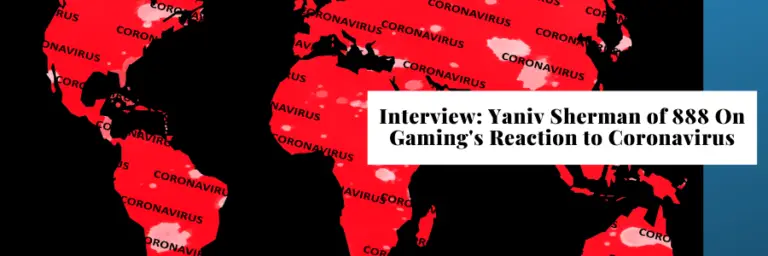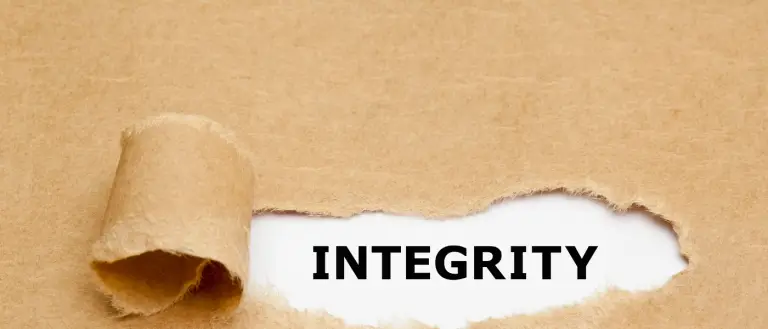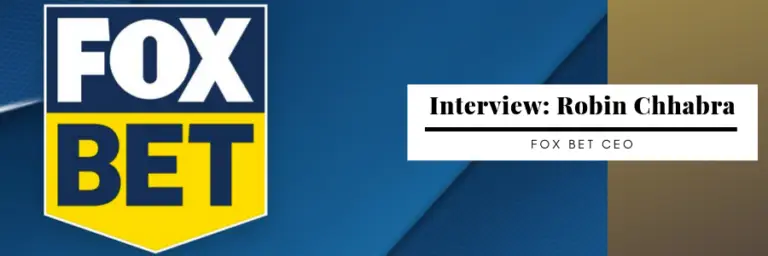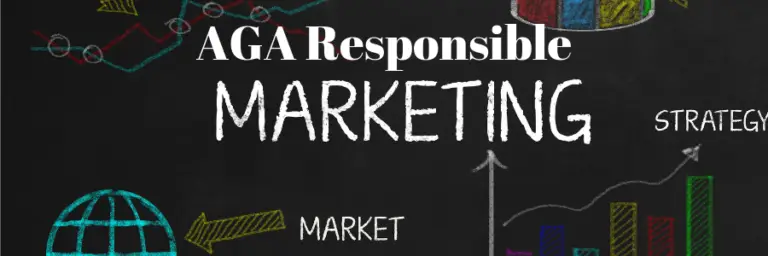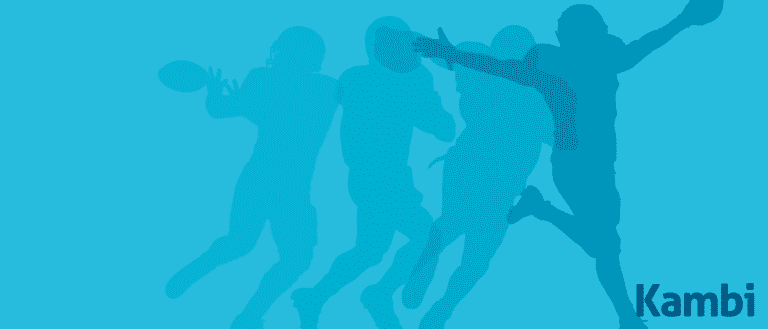Responsible Gambling In The Age Of Barstool Sports
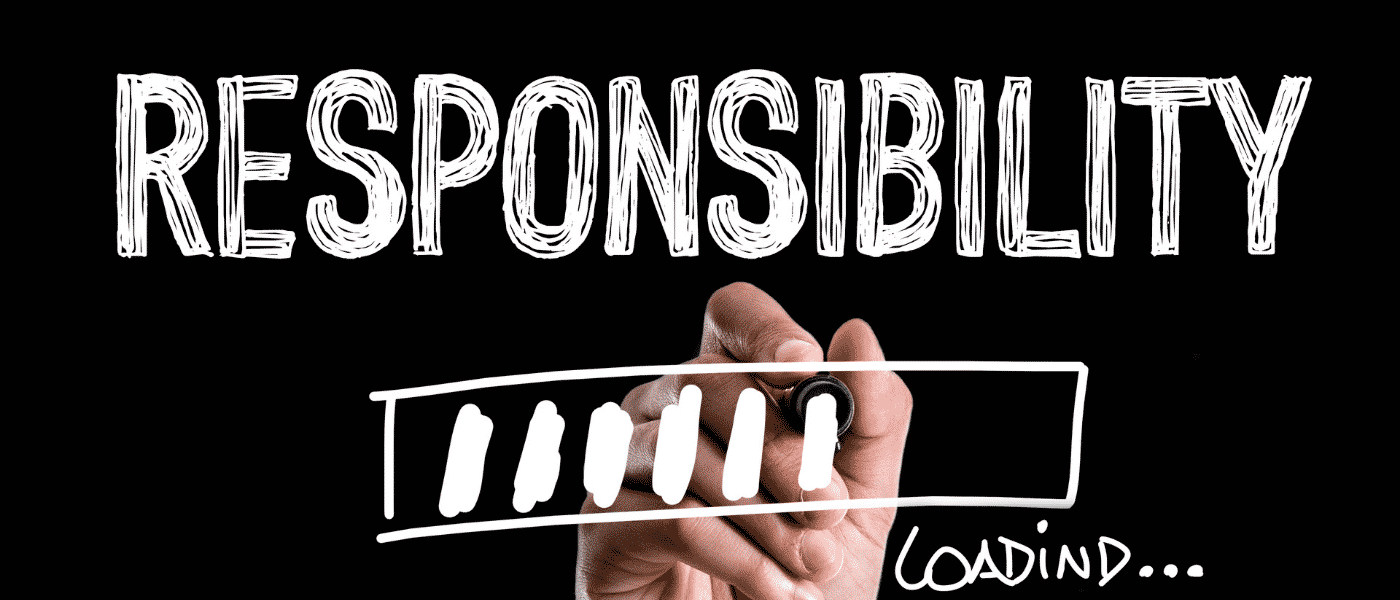
A conversation on the impact of Barstool Sport’s entry into the US sports betting space with responsible gambling advocate Jamie Salsburg.
The impending launch of the Barstool sports betting app is one of the most anticipated launches in the short history of US sports betting. Some people are interested in seeing the finished product and how it compares to existing US sports betting apps. Others are diehard Barstool Sports fans that have been waiting for the launch. And still, others are Barstool critics who are hoping for the app or the company to fall on its face.
Needless to say, the company is extremely polarizing, evidenced by a recent debate on Twitter over the responsible gambling messaging of its long-running sports betting show, Barstool Sports Advisors, that can best be described as an over-the-top version of standard “experts picks” shows.
Part of the over-the-top aspect is a complete disregard for anything close to responsible gambling messaging, which led to the Twitter criticisms.
But where this gets complicated is the show’s intent. Is this a gambling show? A comedy show? Something in-between? And should it be classified and treated as traditional gambling advertising?
To help make sense of this, I called on Jamie Salsburg, host of the After Gambling Podcast and one of the leading problem gambling voices in the industry.
Jamie’s Take on the Barstool Sports Advisor Show
Steve Ruddock: You’re an important voice in the responsible gambling sphere, so I wanted to get your take on the recent criticisms thrown at Barstool Sports’ Barstool Sports Advisors show.
Jamie Salsburg: It’s complicated. On the one hand, it’s clearly not a good look when it comes to responsible gambling messaging. I know firsthand how dangerous narratives like “scared money is lost money” can be as they tend to stick in the minds of gamblers and encourage behaviors that ultimately lead to trouble. On the other hand, if we are looking to Barstool to lead the way on RG initiatives, then I think we need to reevaluate our plan.
How Far Is too Far?
Steve Ruddock: I have similar mixed feelings about it, particularly when it comes to “comedy” that by its nature is designed to push the envelope. I can see the potential for danger, but I also understand the need to make compelling, unique content, similar to “The Nuts” segments that made light of and, in a sense, glorified a willingness to gamble on ESPN’s World Series of Poker coverage during the poker boom.
Jamie Salsburg: Definitely. The coverage of the World Series of Poker on ESPN played a leading role in getting me hooked on poker. It was also entertaining and compelling television that my college buddies and I enjoyed watching. They took something that was otherwise pretty boring and packaged it up in a way that made it fun. I imagine the Barstool content does the same for today’s younger sports betting audience.
The Barstool Sports Way
Steve Ruddock: I’ll play devil’s advocate for a minute. In this specific case, where the show is a spoof on actual sports betting touts, I wonder if the premise is so absurd that it’s hard to take it as promoting problem gambling behavior. In effect, you could argue, and I assume Barstool will, that they’re ridiculing that behavior, not promoting it?
Jamie Salsburg: I think so, but it’s also important to consider whether the younger audience gets it as well. I see a lot of things differently now at 38 than I did at 21.
Ultimately, this is what makes the Barstool brand so valuable. They have a “give me an A or give me an F” approach and are unapologetically consistent in applying it. They will take the absurd like sports betting touts and multiply it by 1000. This approach makes them both incredibly interesting to their customers and a prime target for criticism from others in the industry.
Does Penn National Need to Step in?
Steve Ruddock: Now that Barstool Sports is tied to Penn National Gaming, do you see a need to change some of the content produced to align with traditional responsible gambling messaging?
Jamie Salsburg: Personally, I don’t. Whether you’re a fan or a detractor, we all know what they stand for at this point, and for Barstool to incorporate the same stale RG messaging we see across the industry into their content would be disingenuous.
With that said, having their name on a sportsbook app does change things. It will bring added scrutiny to their over-the-top stuff.
For that reason, I feel like Barstool Sports has the capability of making or breaking the entire US gambling market when it comes to responsible gambling measures and advertising restrictions. They are either going to knock down the last resistance to gambling, and it will become more accepted, or they are going to draw so much attention attempting to do so that the industry becomes over-regulated.
What Happens if Regulators Step in?
Steve Ruddock: I can see this going either way. Actually, with so many regulatory bodies in the US, I guess it could go in 20 different directions. Gambling regulators are going to try to fit Barstool and its content and personalities into ill-fitting preexisting boxes. Some might come down hard, while others try to wrap their heads around what they see and whether it’s a gambling advertisement or something akin to a Mel Brooks parody movie.
Jamie Salsburg: Our current landscape doesn’t have much in the way of concrete guidance for companies on how they should or shouldn’t promote their gambling products. And outside of brand valuation, there isn’t a place on a company’s financial statements to measure and report on “moral responsibility.” So ultimately, it comes down to the society to act as the judge and jury, voting with their wallet and attention.


